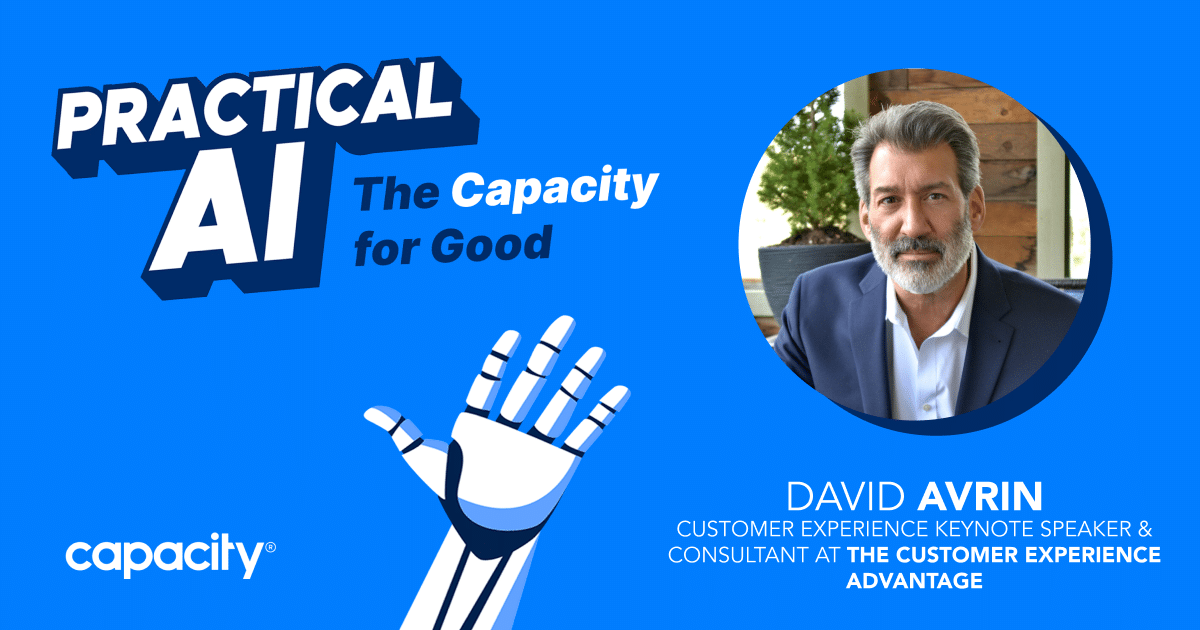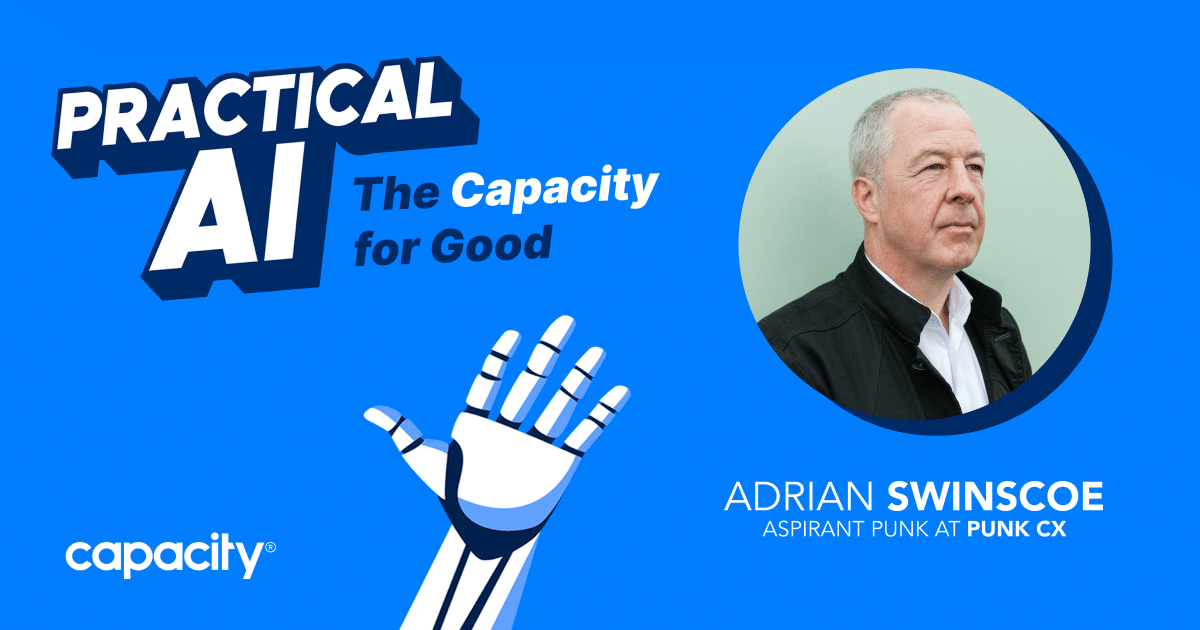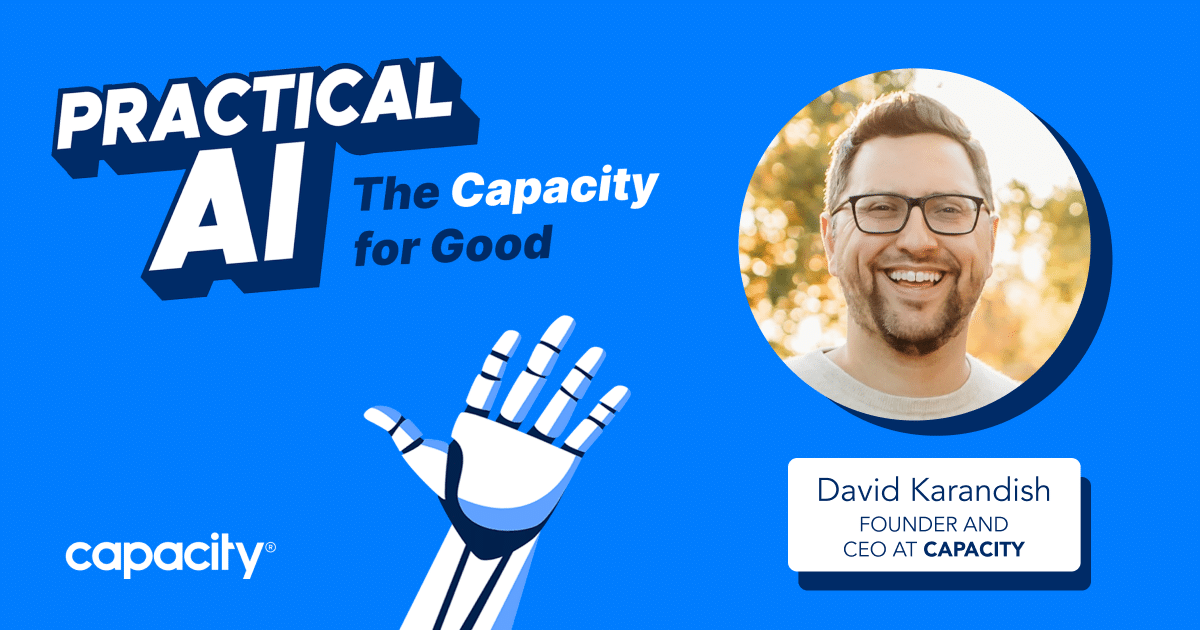Customers are all about that need-for-speed support in our fast, on-the-go world. Enter conversational CX, the game-changer that combines the power of conversational AI and chatbot technology to elevate the customer experience. But what exactly is conversational CX, and why is it becoming the go-to solution for customer support, IT, and internal support leaders?
In this article, we’ll dive deep into conversational CX, its impact on conversational AI, and its numerous benefits for streamlining internal and external support. So grab a cup of your favorite brew and settle in for a friendly chat about the future of AI chatbot technology.
What is a Conversational CX?

Conversational CX, or conversational customer experience, designs and manages customer interactions through natural, engaging, personalized conversations. It encompasses all customer touchpoints, including phone calls, emails, chatbots, and social media interactions, focusing on providing seamless, context-aware, and human-like communication. Conversational CX enables businesses to build strong relationships with their customers by understanding and addressing their needs in real-time, enhancing overall satisfaction and loyalty.
At the core of conversational CX is creating frictionless customer experiences using technology and data. This is achieved through AI-powered chatbots, advanced natural language processing (NLP), machine learning algorithms, and human-like conversational abilities.

Automate Your Work
Capacity’s enterprise AI chatbot can help:
- Answer FAQs anytime, anywhere
- Find relevant documents within seconds
- Give surveys and collect feedback
The main goals of conversational CX
Conversational CX aims to:
- Deliver seamless and consistent experiences across all channels, whether it’s via chatbots, phone calls, or social media messaging.
- Provide real-time and accurate support using AI-driven technologies that understand customers’ needs and preferences.
- Personalize interactions, ensuring that each customer feels valued and understood.
- Continuously learn and improve through the analysis of customer interactions and feedback.
To achieve these objectives, conversational CX relies on several key components, including:
- Conversational AI: AI-driven technologies that enable chatbots to understand, process, and respond to human language, making it possible for chatbots to engage with customers in a more natural and meaningful way.
- Natural Language Processing (NLP): NLP is a part of conversational AI. It helps chatbots understand and interpret human language, allowing them to communicate effectively with users.
- Machine Learning (ML): ML algorithms provide the intelligence and decision-making capabilities that allow chatbots to improve their understanding of customer interactions over time.
- Contextual Understanding: Using AI technologies to analyze customer conversations and preferences, chatbots can understand the context of each interaction and provide more relevant, personalized responses. These components allow chatbots to offer more effective customer support and deliver better overall experiences.
How Conversational AI Impacts Conversational CX
Conversational AI plays a crucial role in shaping Conversational CX by:

Enhancing customer interactions
With the ability to understand and process natural language, conversational AI enables chatbots to engage customers in meaningful conversations, understand their emotions, and provide empathetic responses.
Personalizing experiences
Using customer data and machine learning algorithms, conversational AI allows chatbots to deliver tailored responses, product recommendations, and support, resulting in a more personalized and satisfying customer experience.
Hear from Capacity CEO David Karandish as he explains how conversational AI can impact your business:
Automating repetitive tasks
Conversational AI has revolutionized the way businesses interact with customers, but with great power comes great responsibility. One of the biggest challenges of implementing conversational CX is automating repetitive tasks in a way that enhances the customer experience without sacrificing efficiency. This is where automation comes in. Automating these mundane tasks allows businesses to free up resources and focus on more meaningful customer interactions.
Providing 24/7 support
AI-powered chatbots can offer round-the-clock assistance, ensuring that customers receive support whenever they need it, regardless of time or day. This allows businesses to stay competitive, scale their customer service operations, and increase customer satisfaction.
4 Conversational CX Use Cases

Several use cases illustrate the impact of conversational AI on Conversational CX:
- eCommerce platforms can use AI chatbots to help customers find products, answer questions about shipping and returns, and provide personalized product recommendations based on browsing history and preferences.
- Banks and financial institutions can deploy conversational AI to assist customers with account inquiries and transaction details and even offer personalized financial advice.
- Telecom companies can use AI chatbots to troubleshoot connectivity issues, answer billing questions, and help customers choose the right plan or service.
- Travel agencies and airlines can use conversational AI to provide booking assistance, flight updates, and personalized travel recommendations.
By embracing conversational AI, businesses can enhance conversational CX and deliver more efficient, personalized, and engaging support.
Top Benefits of Conversational CX

Enhanced customer satisfaction
Conversational CX can significantly improve customer satisfaction and drive brand loyalty by offering personalized, real-time support. A positive customer experience often results in repeat business, increased word-of-mouth referrals, and a higher customer lifetime value.
Streamlined support processes
Conversational CX helps streamline customer support processes by automating mundane tasks such as account inquiries and simple troubleshooting. By reducing the workload of customer service agents, they can concentrate on more intricate tasks and provide an improved customer experience.
Data-driven insights
The data generated through customer interactions can be used to identify trends, preferences, and pain points, enabling businesses to make informed decisions and improve their products or services. This valuable information can also optimize marketing campaigns, personalize customer communications, and enhance the overall customer journey.
Scalability
Conversational CX allows businesses to quickly scale their support operations to meet growing customer demands without compromising quality or efficiency. As chatbots learn from interactions, they become more efficient in handling customer inquiries, making it easier for businesses to expand their support capabilities without significant investments in human resources.
Better employee experience
With AI-powered chatbots handling mundane customer inquiries, customer service agents can focus on more complex tasks, improving job satisfaction and decreasing employee turnover.
With AI conversational CX platforms like Capacity, support agents can provide the best possible service to customers. The customers get instant, accurate answers to their problems, and agents have more time to focus on building customer relationships.
Competitive advantage
In today’s fast-paced business world, keeping up with the competition is essential. With advancements in technology, conversational AI has become a game-changer for businesses.
Conversational CX is the future of customer interaction, making it easier for customers to resolve their queries quickly and efficiently. It also builds a strong brand reputation, leading to customer loyalty. Using conversational AI to improve customer experience can help businesses stay ahead of the competition by differentiating themselves with a better customer experience.
Conversational Customer Experience Best Practices

Design for a human-like experience
Ensure your AI chatbot uses natural language and maintains context throughout the conversation to create a seamless experience. This includes understanding customer emotions, providing empathetic responses, and using a conversational tone.
Personalize the interaction
Use customer data to tailor responses and provide relevant information or solutions, creating a more meaningful connection. This can include using purchase data and user preferences to offer personalized product recommendations, promotional offers, or support.
Test and optimize
Continuously monitor your chatbot’s performance, gather feedback, and iterate to improve its effectiveness and user satisfaction. Regularly review conversation logs, identify areas for improvement, and adjust your AI chatbot accordingly.

Automate Your Work
Capacity’s enterprise AI chatbot can help:
- Answer FAQs anytime, anywhere
- Find relevant documents within seconds
- Give surveys and collect feedback
Integrate with existing systems
Ensure your AI chatbot is integrated with CRM, helpdesk, and other tools to provide a cohesive and comprehensive support experience. This allows chatbots to access relevant customer data and ensures a seamless transition between channels when necessary.
Escalation plan
Develop a system for smoothly transitioning customers to human support agents when necessary, maintaining the context and history of the conversation. This can include setting trigger points or keywords that indicate a need for human intervention and training agents to handle escalations effectively.
Focus on security and privacy
Security is an integral part of any conversational CX platform, as it protects customer data and complies with relevant regulations. Businesses must implement robust security measures such as data encryption, two-factor authentication, and other protocols to ensure customer trust and a secure experience.
Measure success
Collect customer feedback, analyze usage and performance metrics, and track customer satisfaction to measure the success of your conversational CX platform. This allows businesses to identify areas for improvement and ensure a consistently positive customer experience.
Train and support your team
Ensure your support team is well-trained and comfortable using AI chatbots daily. Provide ongoing training and resources to help them understand the capabilities and limitations of your chatbot, as well as how to collaborate with it to deliver exceptional customer experiences effectively.
Final thoughts
Conversational CX is revolutionizing how businesses interact with customers, offering seamless, personalized, and real-time support. AI chatbots empower companies to automate mundane tasks, streamline customer service operations, and offer 24/7 assistance. With enhanced customer satisfaction, improved employee experience, and an increased competitive edge in the industry, conversational CX is essential for any business looking to stay ahead of the curve.
Conversational AI platforms like Capacity can help businesses automate support and deflect over 90% of tickets away from support teams.
Intrigued? Try Capacity for free today and see what it’s all about!





